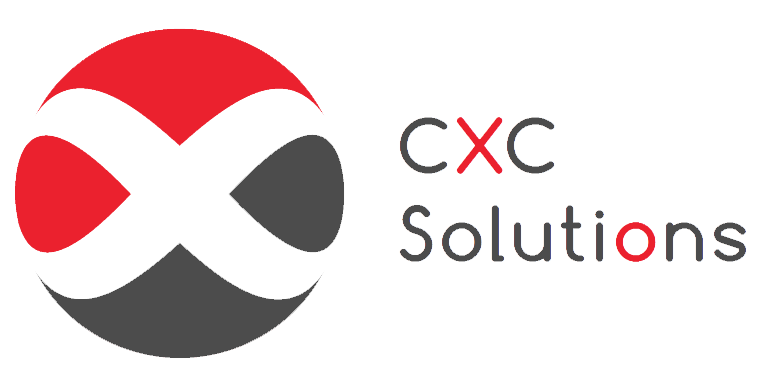What is a Self Insured Plan?

Potential Upcoming Form 5500 revisions to be aware of
July 15, 2019By Ramesh Raghunathan, PhD, Chief Operating Officer

ERISA Compliance Requirements
A self-insured group health plan (or a ‘self-funded’ plan) is one in which the employer assumes the financial risk for providing health care benefits to its employees. In other words, self-insured employers pay for each out of pocket claim instead of paying a fixed premium to an insurance carrier.
There are two primary sources of legal compliance for self-insured health plans: Internal Revenue Code of 1986 (IRS), and the Employee Retirement Income Security Act of 1974 (ERISA).
Plan Document: ERISA requires that self-insured health plans are pursuant to a written instrument called the Plan Document. The purpose of this requirement is to ensure that employees know what rights and obligations they have under the ERISA plan.
Formal Adoption of Plan: The plan sponsor must formally adopt the plan and execute the written plan document.
Formal Amendment of Plan: ERISA requires that the written plan document contain “a procedure for amending [the] plan, and for identifying the persons who have authority to amend the plan.”
IRS Nondiscrimination Requirements
Why have nondiscrimination rules for self-insured health plans? Because these plans enjoy favorable tax treatment under the Code. Nondiscrimination rules under Code §105(h) are designed to prevent Highly Compensated Individuals (HCIs) from receiving a disproportionate amount of tax-free benefits from these plans. HCI is an individual who is
- one of the five highest-paid officers;
- shareholder owning more than 10% of the value of stock of the employer’s stock; or
- among the highest-paid 25% of all employees
- The two nondiscrimination tests performed are-
- Eligibility Test: This test ensures that a reasonable number of non-HCIs benefit from the self-insured health plan.
- Benefits Test: This test ensures that HCIs are not getting better benefits or are not required to make lower contributions. In order for a plan to satisfy the Benefits Test, all benefits provided to the HCIs who are participating in the plan must be provided to all other participants.
What Happens If a Self-Insured Health Plan Is Discriminatory?
The self-insured health plan nondiscrimination tests cannot be satisfied through corrections made after the end of the plan year. Therefore, the tests should be monitored during the year so that any adjustments can be made prior to year-end.
If the plan is discriminatory, HCIs participating in the plan will be taxed on certain amounts that otherwise would have been excluded from income under Code §105(b). The discriminatory amounts are included in the HCI’s gross income and must be reported on Form W-2, in Box 1 – so this results in a restatement of the HCI’s income and the consequences (such as interest and penalties) that go with that.
CXC Solutions is a leading provider of nondiscrimination testing services for benefit plans including self-insured, Cafeteria, POP, HRA and FSA plans; and currently serves over 200 benefits professionals with the testing of over 15,000 employers’ plans annually.




